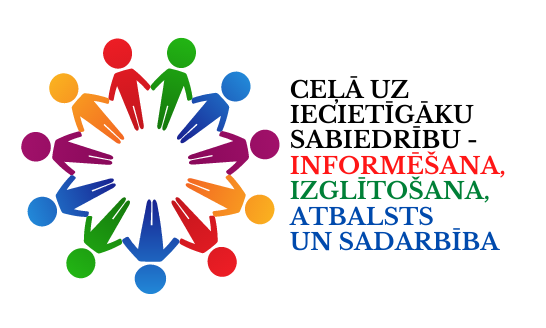European Commission: Employment and Social Developments in Europe (2021)
Datubāze par diskriminācijas jautājumiem » Pētījumi un ziņojumi » Pētījumi par nodarbinātību
Gads: 2021 | Ievietošanas datums: Dec. 14, 2021
This report provides further evidence of how the exceptional response to the crisis at EU and national levels has helped to cushion the employment impact of the crisis and kept the rise in income inequality and poverty in check. The groups that were disproportionately affected by the COVID-19 pandemic include older people, most exposed to health risks; young people, who experience disruptions in their education and training, reduced social contacts and/or a start in the labour market in a difficult socio-economic context; women, who typically have to carry a larger burden in caring responsibilities and household work, especially during confinement; crossborder and frontier workers, due to border closure and other limitations to people and workers’ freedom of movement. The socio-economic impacts of the pandemic can also be drawn along geographical lines. Health and economic outcomes following the shock of COVID-19 are indicative of regional disparities and transition challenges that were apparent before the onset of the pandemic.






